Lab of Data Analytics in Human Science
Advancing quantitative research in foreign language acquisition through innovative statistical modeling and data analytics
Our Research Mission
Our research lab focuses on quantitative methods in social science research, with particular emphasis on foreign language acquisition studies. We employ cutting-edge statistical techniques and data analytics to understand complex patterns in language learning and social phenomena.
Bridging the gap between advanced statistical methodology and meaningful insights in human science research.
Advanced Analytics
Structural equation modeling and multivariate statistics
Language Research
Quantitative approaches to foreign language acquisition
Statistical Modeling
Item response theory and multilevel modeling
CAT Development
Computerized Adaptive Testing systems
Lab Director

Professor Wen-Ta Tseng
Director & Principal Investigator
Professor Wen-Ta Tseng
Director & Principal Investigator
Education
Ph.D., University of Nottingham, United Kingdom
Research Areas
Contact Information
Office: T4-816, 4th Teaching Building
Phone: (02) 2737-6268
Email: wenta.tseng@mail.ntust.edu.tw
Research Areas
Our lab specializes in advanced quantitative methods to understand complex phenomena in human science and language acquisition.
Structural Equation Modeling
Advanced statistical techniques for analyzing complex relationships between latent and observed variables in social science research.
Multivariate Statistics
Comprehensive analysis of multiple variables simultaneously to understand complex data patterns in educational and social contexts.
Item Response Theory
Mathematical framework for designing, analyzing, and scoring tests and questionnaires in educational assessment.
Multilevel Modeling
Statistical analysis of hierarchical data structures to account for nested relationships in social science research.
Meta-Analysis
Systematic review and synthesis of research findings across multiple studies to provide comprehensive evidence.
Foreign Language Acquisition
Quantitative investigation of second and foreign language learning processes, individual differences, and learning outcomes.
Research Outputs
Interactive Educational Tools
Text Mining Tutorial
Interactive tutorial for learning text mining techniques and applications in language research.
Launch ToolSLA Course App
Comprehensive Second Language Acquisition course materials and interactive learning modules.
Launch ToolAcademic Writing App
Interactive application for improving academic writing skills and understanding writing processes.
Launch ToolFirst Language Acquisition
Interactive educational tool exploring theories and stages of first language development.
Launch ToolCritical Period Neurolinguistics
Interactive tool exploring the critical period hypothesis and neurolinguistic aspects of language acquisition.
N400-P600 Analysis
Interactive tool for analyzing event-related potentials (N400 and P600) in morphological processing research.
Launch ToolResearch Software Development
Enhanced MetaSEM
Advanced meta-analytic structural equation modeling software with interactive web interface for comprehensive statistical analysis.
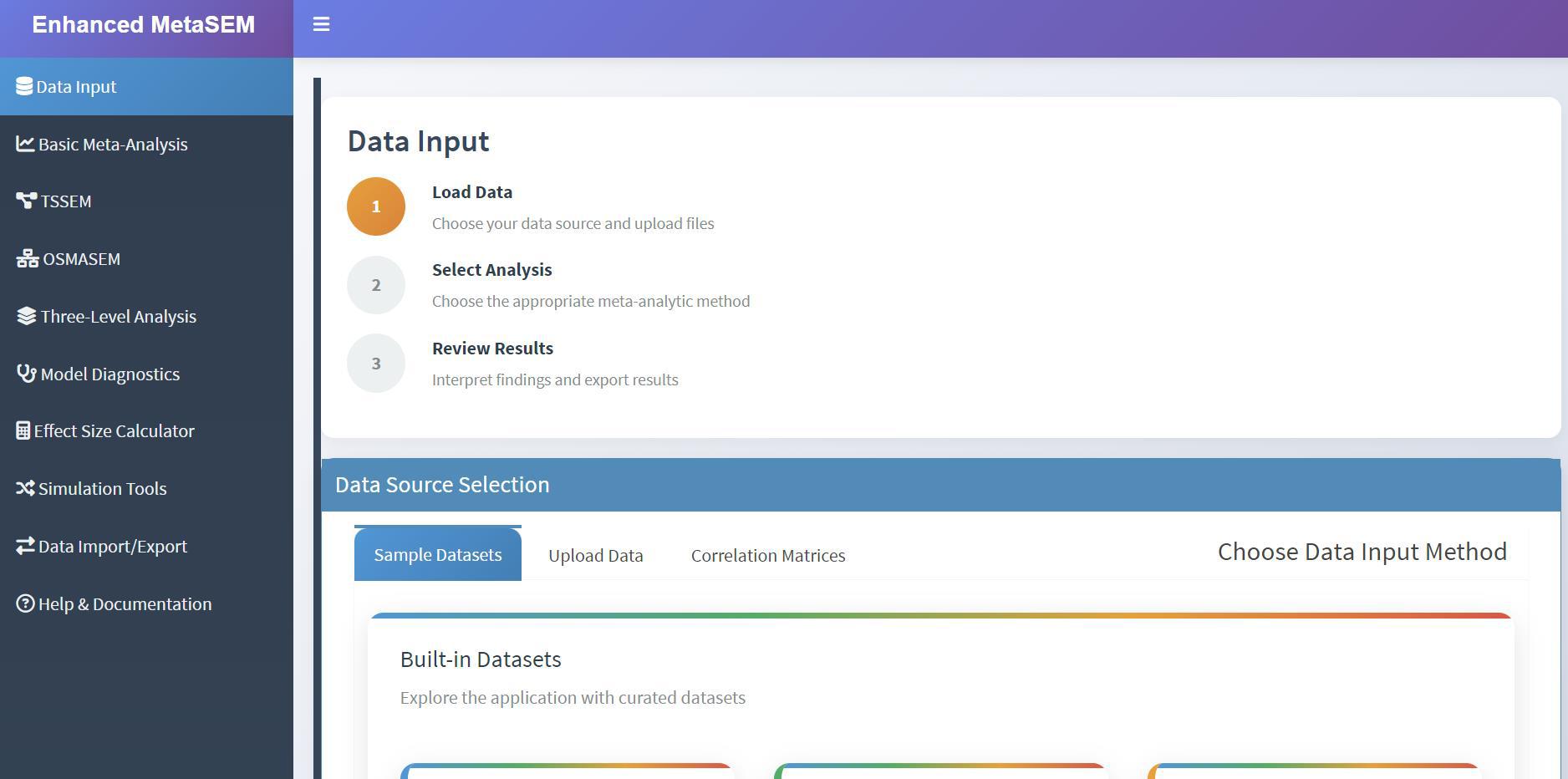
Data Input Module
User-friendly data input interface with multiple import options and validation features.
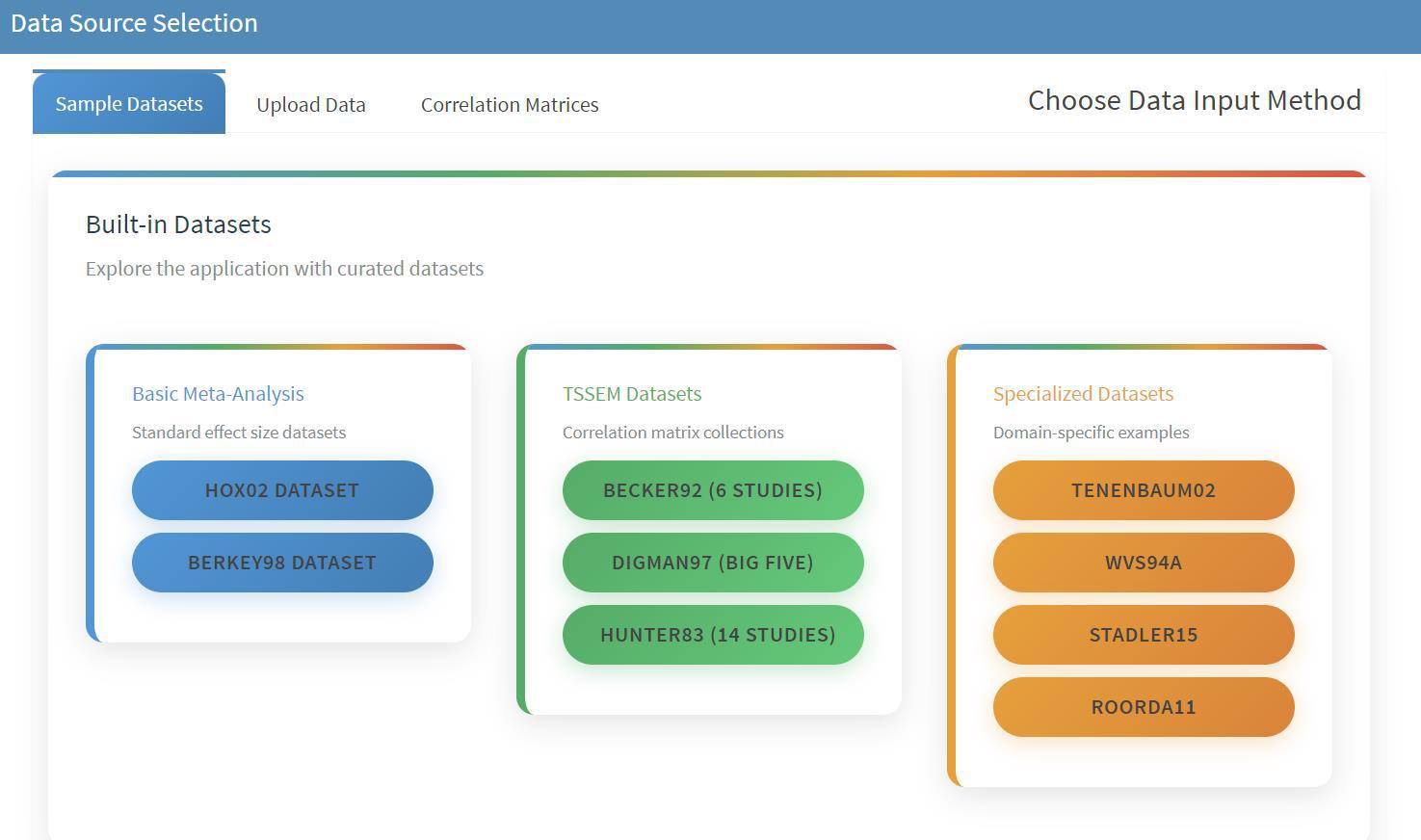
Built-in Datasets
Comprehensive collection of sample datasets for meta-analysis and SEM practice.
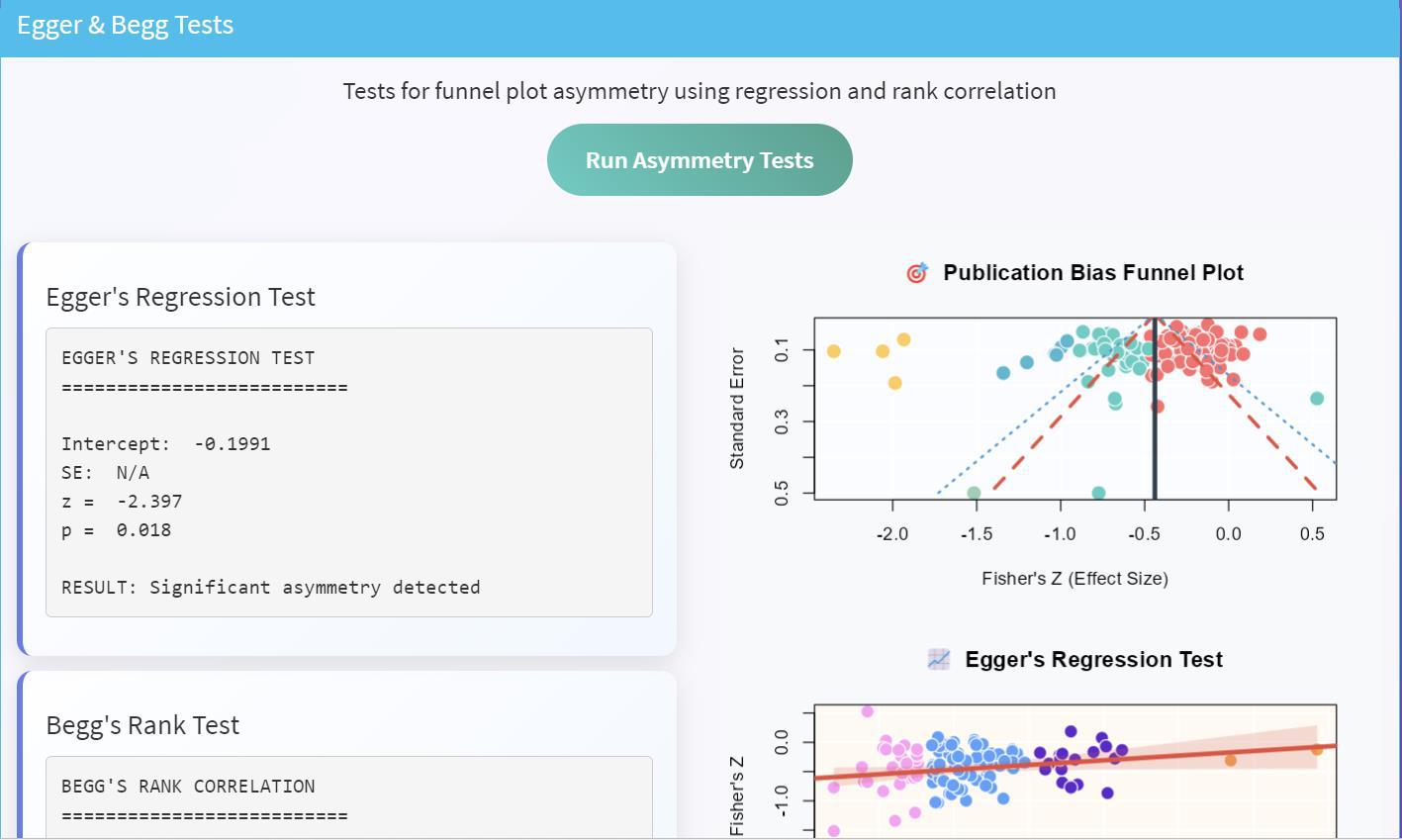
Publication Bias Analysis
Advanced statistical tests for detecting and correcting publication bias in meta-analyses.
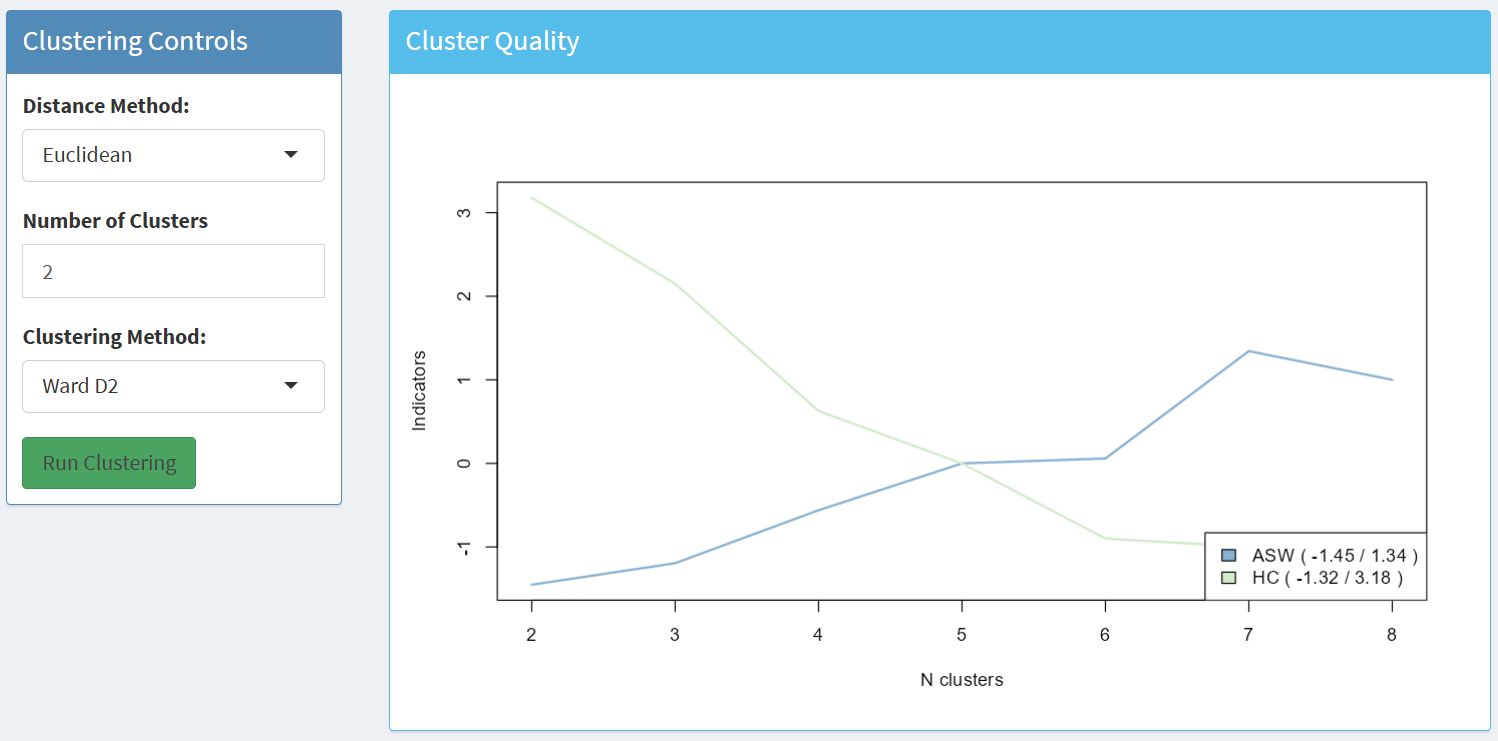
Cluster Analysis Tools
Sophisticated clustering algorithms for identifying patterns in meta-analytic data.
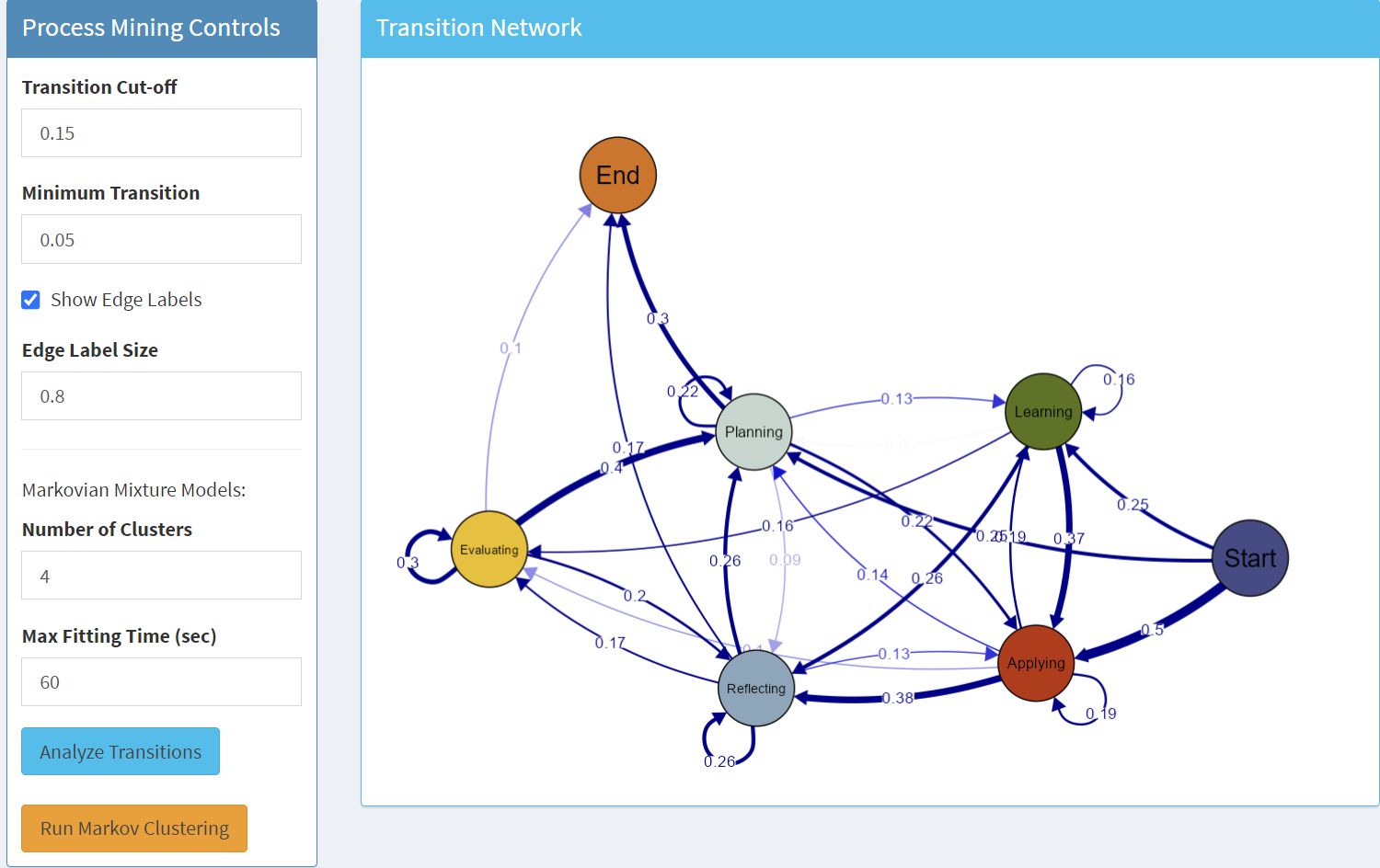
Process Mining Network
Interactive network visualization for process mining and transition analysis.
Research Visualizations
Language Acquisition Theory Analysis
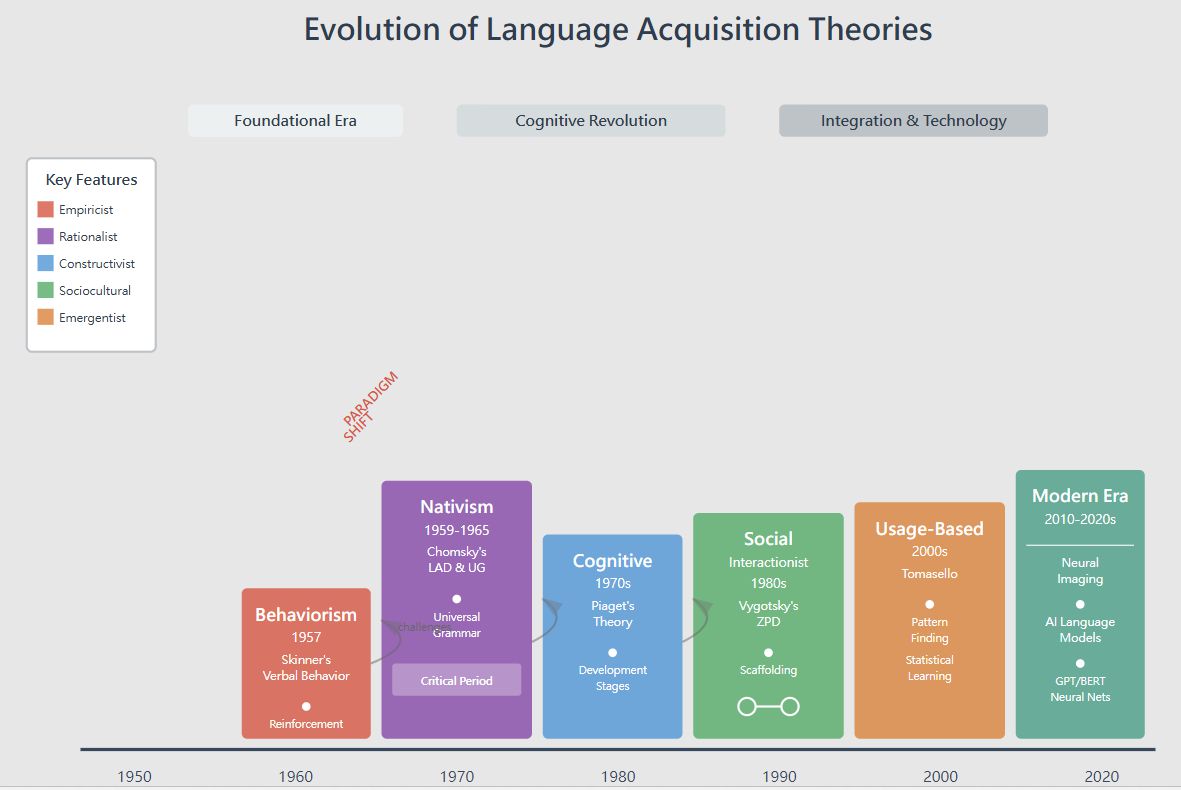
Evolution Timeline
Historical development of language acquisition theories from behaviorism to modern approaches.
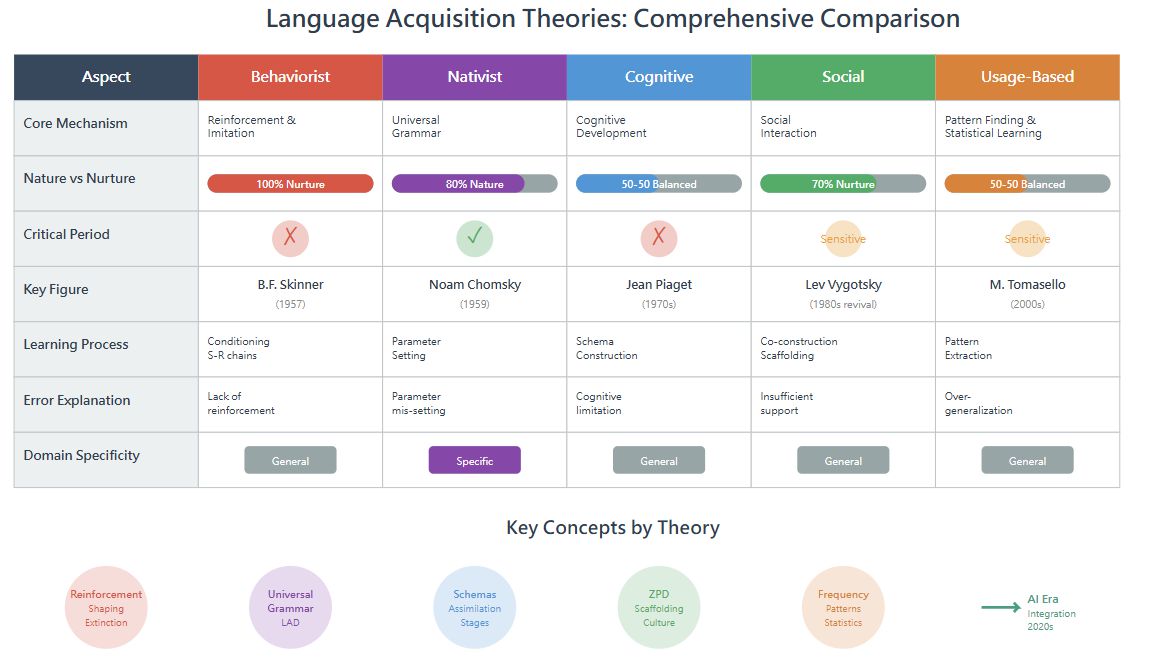
Theory Comparison
Comprehensive comparison of major language acquisition theories across key dimensions.
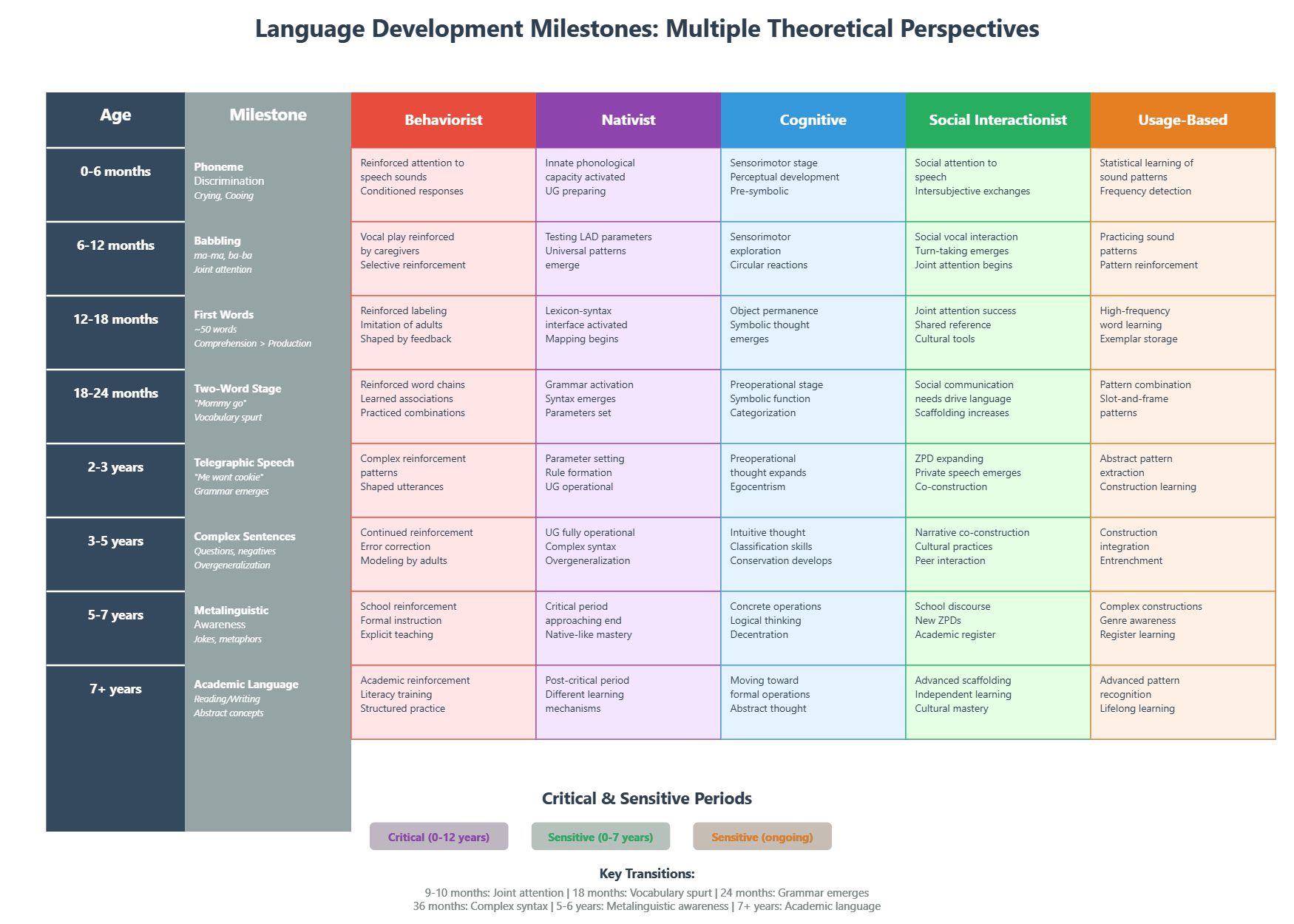
Detailed Analysis
In-depth analysis of core mechanisms and principles in language acquisition theories.
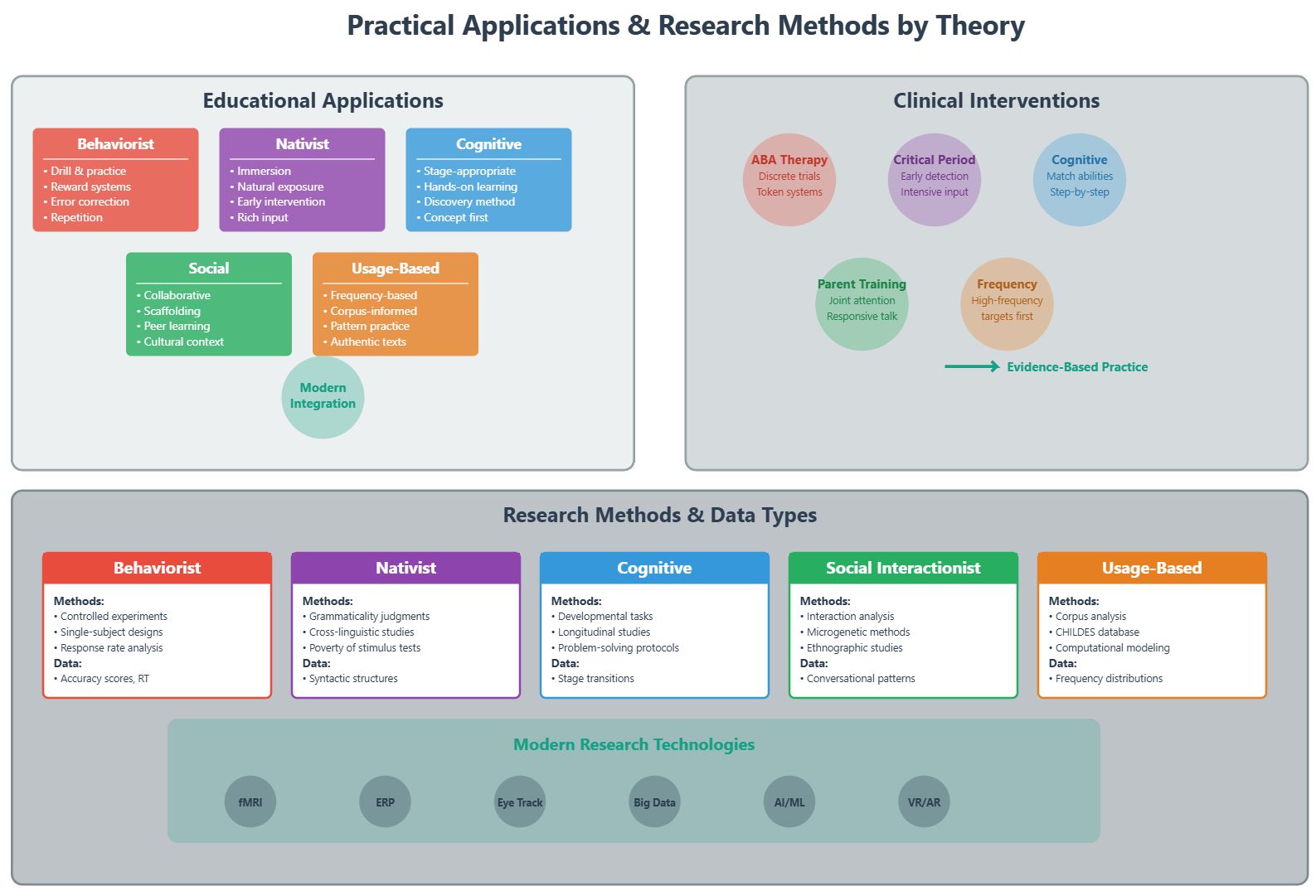
Cross-Theory Analysis
Additional comparative analysis of language acquisition theories and their applications.
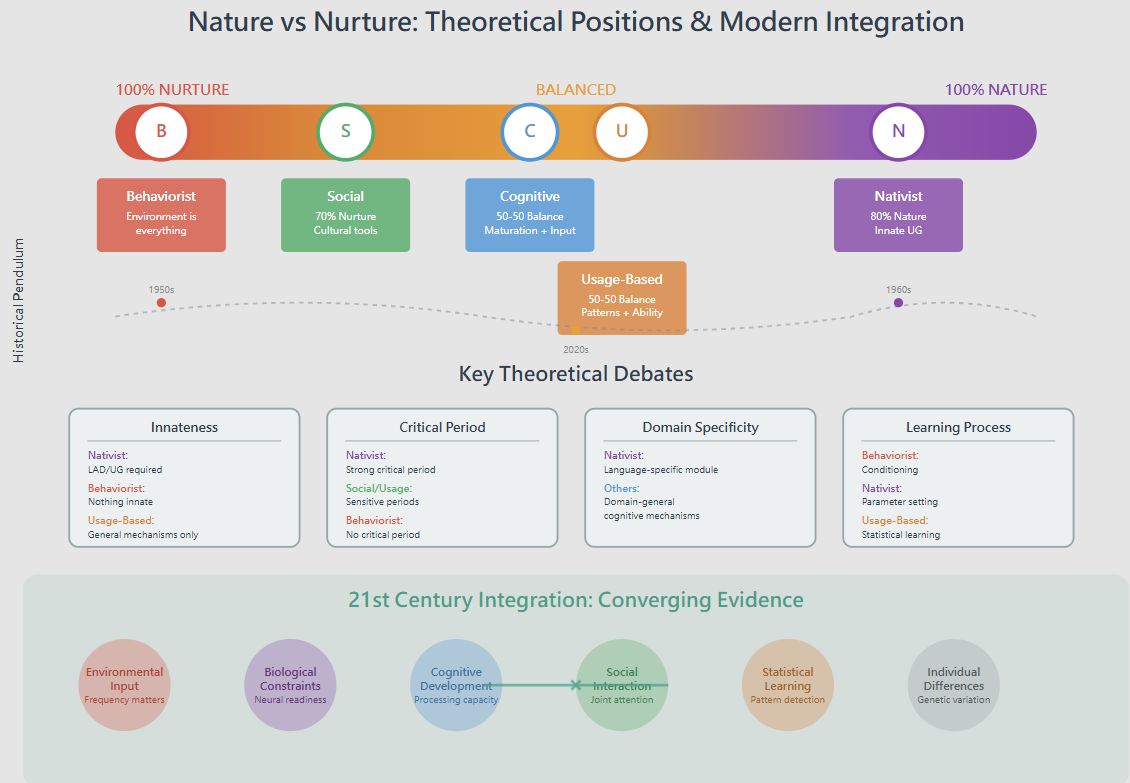
Theory Framework
Comprehensive theoretical framework analysis and methodological comparisons.
Statistical Learning in Language

Statistical Learning Overview
Core concepts and mechanisms of statistical learning in language acquisition.
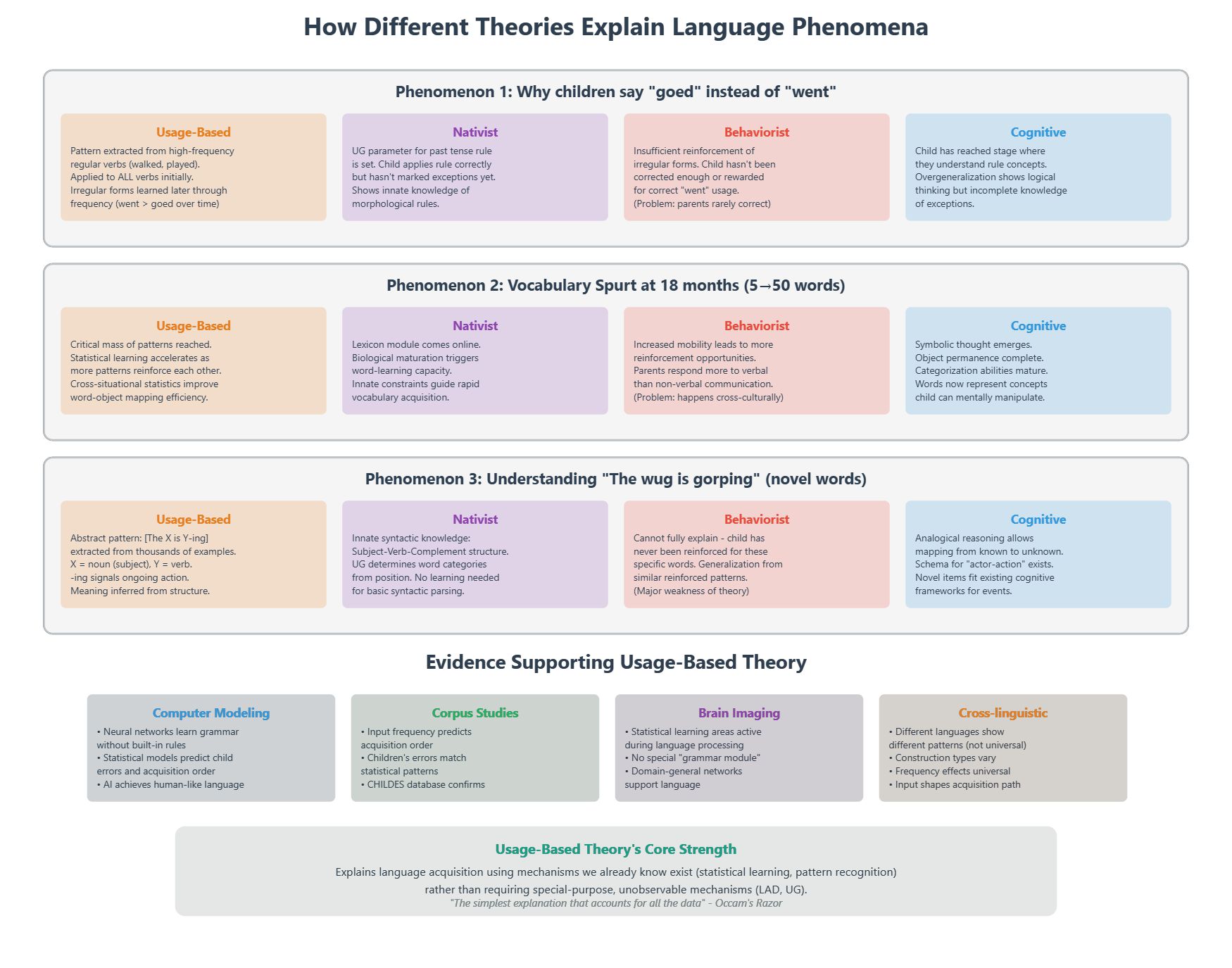
Phenomena Explanations
How different theories explain specific language learning phenomena and patterns.
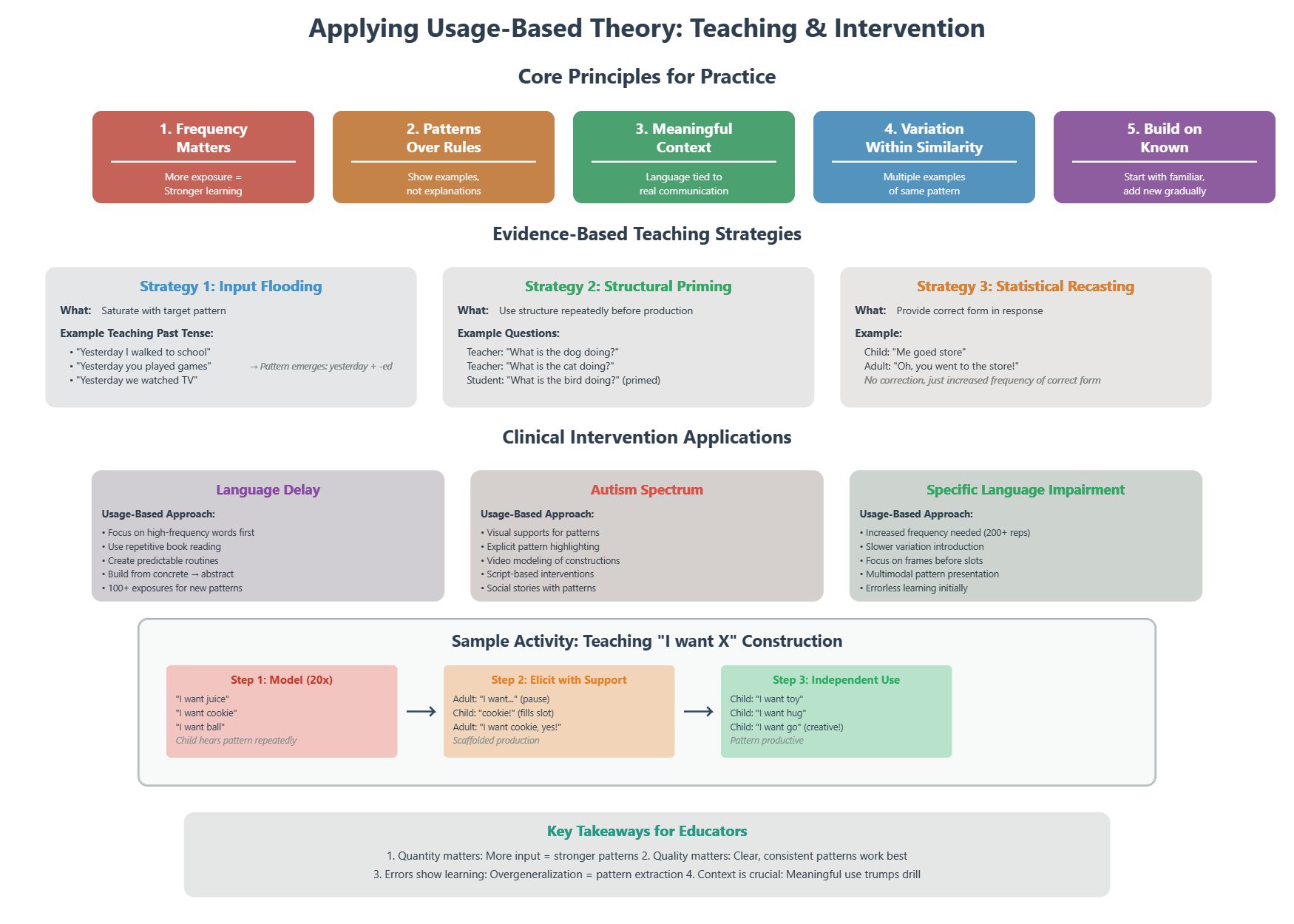
Teaching Applications
Practical applications of usage-based theory in language teaching and intervention.
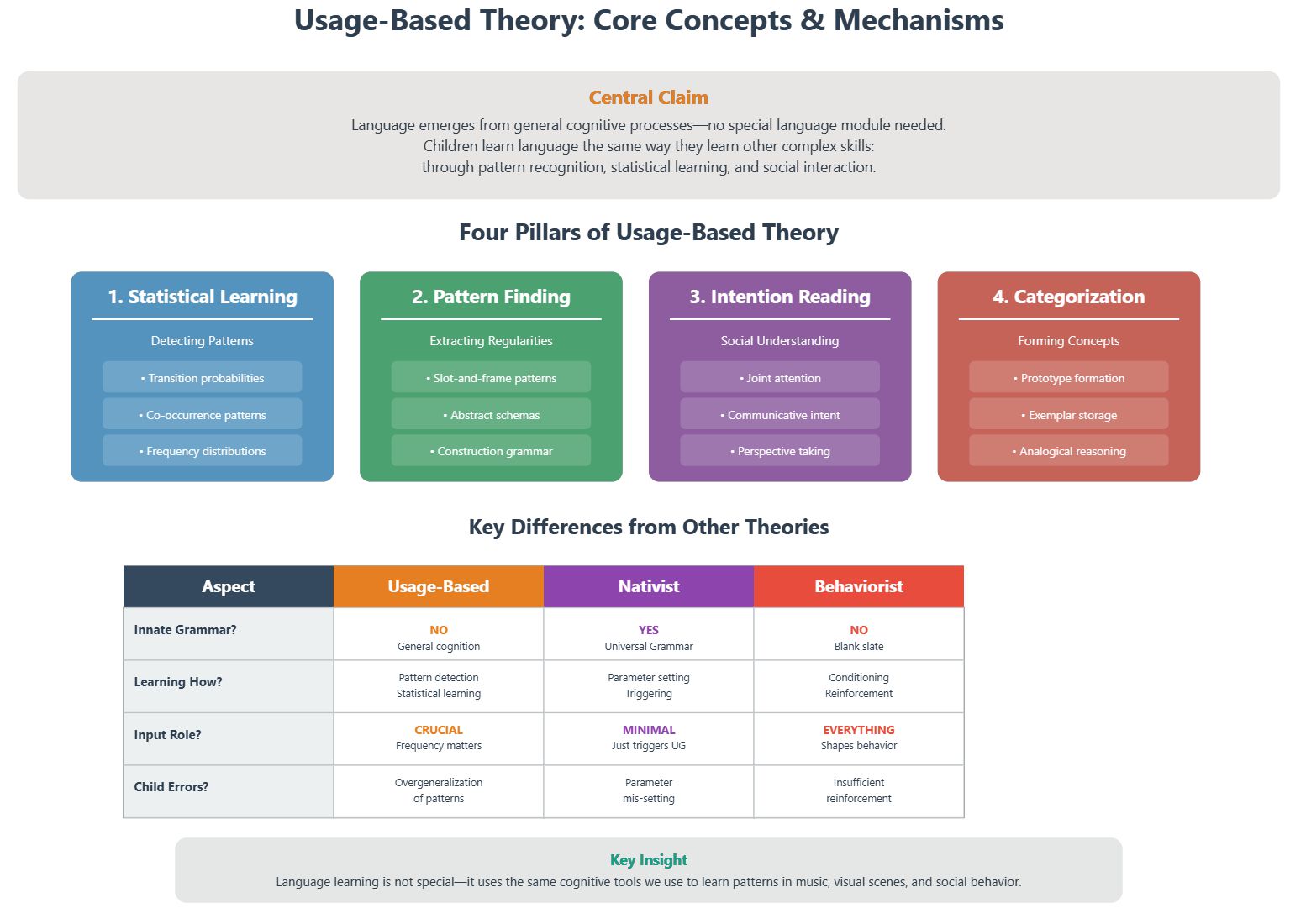
Core Concepts
Fundamental concepts and principles underlying statistical learning mechanisms.
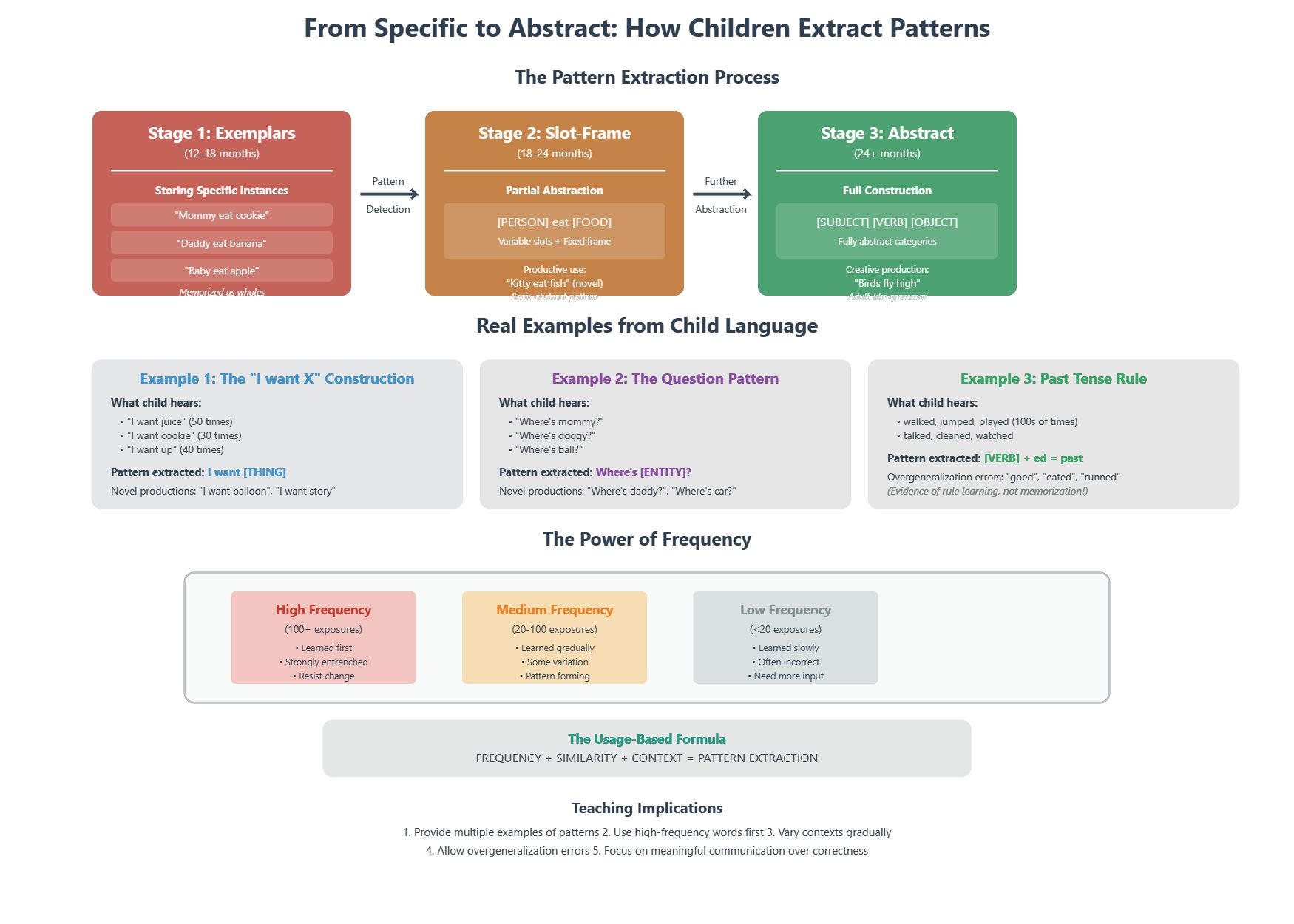
Learning Mechanisms
Detailed exploration of statistical learning mechanisms in language acquisition.
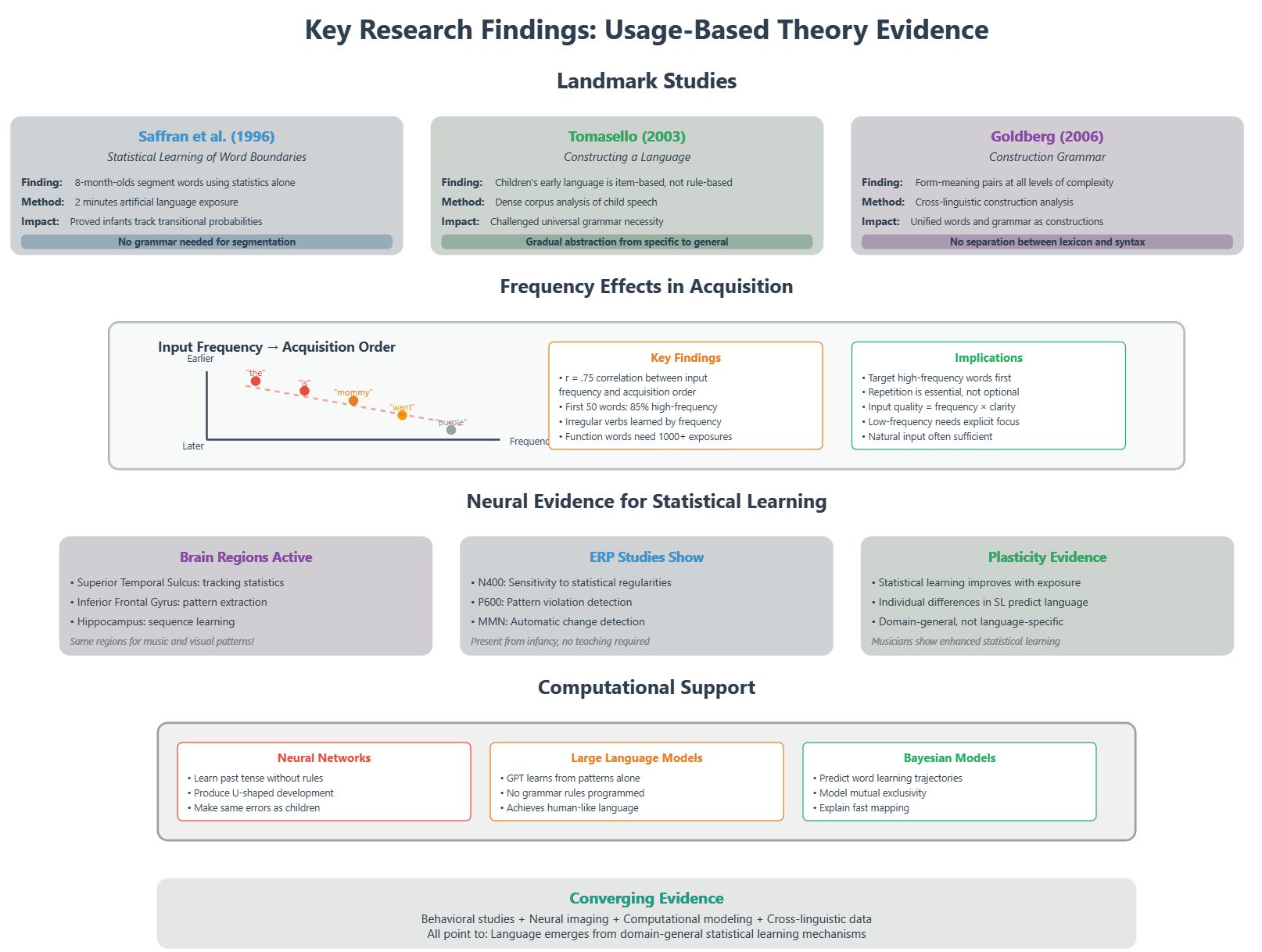
Empirical Evidence
Research findings and empirical evidence supporting statistical learning theories.
Lab Members
International Research Fellow

Luna Huynh
Post-Doctoral Researcher, University of Oulu
Research Focus: Human-AI collaboration in education, Language development in AI-supported learning, Assessment of learning with AI
Research Assistants

Cheng, Chao-Hsiang
Research Assistant, National Taiwan University of Science and Technology
Research Focus: Data and Text Mining, App Development, Chatbot
Published Works
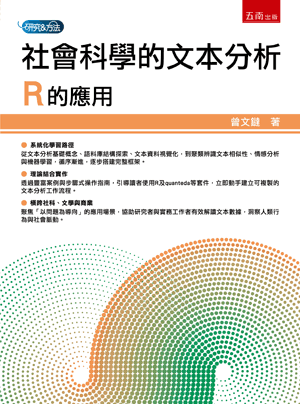
社會科學的文本分析:R的應用
Text Analysis in Social Sciences: Applications of R
About This Book
This book systematically introduces how to use R programming for text analysis, covering text corpus structure and preprocessing, clustering and similarity analysis, sentiment analysis, and machine learning. Using a problem-oriented practical approach, it is suitable for text data analysis in social sciences, literature, and business fields.
Publications
A comprehensive collection of peer-reviewed research publications from our lab.
Voices Beyond the Screen: Charting Language Learning with Digital Storytelling
Language Teaching Research (in press)
Massive Online Multiplayer Games as an Environment for English Learning Among Iranian EFL Students
Computer Assisted Language Learning, 38(1-2), 128-171 (2025)
Seeing to Understand Better? The Interplay Between Cognitive Traits and Nonverbal Visual Cues in L2 Video Comprehension
System (in press 2024)
Effects of Internal and External Attentional Manipulations and Working Memory on Second Language Vocabulary Learning
Language Teaching Research, 28(4), 1701-1741 (2024)
Revisiting the Effectiveness of Study Abroad Language Programs: A Multi-Level Meta-Analysis
Language Teaching Research, 28(1), 156-200 (2024)
The Early the Better? Or, the More the Merrier? The Relative Effects of Onset Age and Exposure Hours on EFL Learners' Implicit and Explicit Grammatical Attainment
Applied Linguistics Review, 15(3), 391-422 (2022)
The Effects of MALL on L2 Pronunciation Learning: A Meta-Analysis
Journal of Educational Computing Research, 60(1), 3-35 (2022)
Individual Differences in Second Language Learning: The Road Ahead
English Teaching & Learning, 45(3), 237-244 (2021)
A Meta-Analysis of Test-Retest Reliability in Language Anxiety Research: Is Language Anxiety Stable or Variable?
SAGE Open, 11(4), 1-15 (2021)
One Size Fits All? In Search of the Desirable Caption Display for L2 Learners with Different Caption Reliance in Listening Comprehension
Language Teaching Research, 25(3), 400-430 (2021)
Vocabulary Learning in Virtual Environments: Learner Autonomy and Collaboration
System, 88, Article 102190 (2019)
Optimal Implementation of Speech Visualization Notation Cues for Enhancing Intonation in L2 Running Speech
System, 87, Article 102157 (2019)
Classroom Interactions in the Target Language: Learners' Perceptions, Willingness to Communicate, and Communication Behavior
The Asia-Pacific Education Researcher, 28(5), 393-404 (2019)
Measuring English Vocabulary Size via Computerized Adaptive Testing
Computers & Education, 97, 69-85 (2016)
Effects of L2 Learning Orientations and Implementation Intentions on Self-Regulation
Psychological Reports, 117(1), 319-339 (2015)
Towards the Measurement of EFL Listening Beliefs with Item Response Theory Methods
International Journal of Listening, 28(2), 112-130 (2014)
Validating a Pictorial Vocabulary Size Test via the 3PL-IRT Model
Vocabulary Learning and Instruction, 2(1), 64-73 (2013)
Measuring Intention in Language Learning: A Confirmatory Factor Analysis
Psychological Reports, 108(3), 766-778 (2011)
Multidimensionality and Hierarchical Structure of the English Vocabulary Learning Attitude Scale
Social Behavior and Personality, 38(7), 907-918 (2010)
Tracking the Stability and Change of Volition of Foreign Language Learners
Social Behavior and Personality, 37(10), 1405-1418 (2009)
Toward a Model of Motivated Vocabulary Learning: A Structural Equation Modeling Approach
Language Learning, 58(2), 357-400 (2008)
A New Approach to Assessing Strategic Learning: The Case of Self-Regulation in Vocabulary Acquisition
Applied Linguistics, 27(1), 78-102 (2006)
Contact Us
Lab Information
Location
T4-816, 4th Teaching Building
National Taiwan University of Science and Technology
No. 43, Section 4, Keelung Road, Da'an District
Taipei City 10607, Taiwan
Phone
(02) 2737-6268
wenta.tseng@mail.ntust.edu.tw